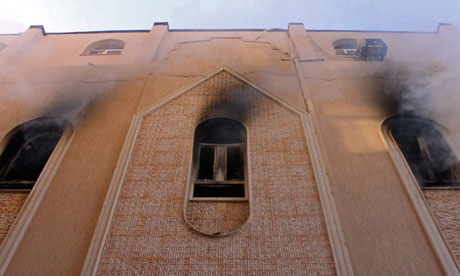By Dylan Takores
Impunity Watch Reporter, Middle East
DAMASCUS, Syria – At least 6,000 deaths occurred in Syria this March, making it the deadliest month since the civil war began two years ago.
The true death toll may be higher than 6,000 because both government and rebel groups frequently underreport actual death totals.
The Syrian Observatory for Human Rights reported that the government and rebels each suffered approximately 1,500 casualties in March. However, the number of civilian deaths in March outweighed the staggering death tolls for both the opposing armies. Over 2,000 civilian were reportedly killed, including 298 children and 291 women. An additional 387 unidentified civilians and 588 unidentified fighters combined to bring the death total above 6,000.
The rise in casualties reflects the growing range of conflict within Syria. Fighting between rebels and government forces continues to spread beyond major cities such as Damascus, Aleppo, and Homs into other areas of the country. In particular, violence is rising in the southern provinces of Daraa and Quneitra, along Syria’s borders with Israel and Jordan.
The key battleground in the conflict is the country’s capital, Damascus. President Bashar Assad stationed his best and most loyal troops there to protect against further advances and reclaim portions of the city occupied by rebels.
In an effort to dispel rebel occupation, government forces sent air raids over rebel and civilian zones on Tuesday. They shelled the northern Damascus neighborhoods of Jobar, Barzeh, and Qaboun.
However, Assad’s army is not the only force inciting violence. Rebels in Aleppo recently began an aggressive attack, referred to as “Freeing the Prisoners.” According to the Aleppo Media Center, the plan is intended to free detainees from the city’s prison by attacking and capturing Kindi Hospital, Ghondol Square, and the central prison.
Rami Abdul-Rahman, head of the Syrian Observatory for Human Rights, condemned the international community for its lack of effort in preventing further violence in Syria. He stated, “If there is no solution, we think the numbers will get worse in the coming months.”
Abdul-Rahman calculated that the total number of deaths since the conflict began two years ago to be 62,554, although he admitted the true total might be twice as many. The United Nations’ most recent report, issued on February 18, placed the casualty total at 70,000. The Syrian government has not released any information regarding the death tolls.
For further information, please see:
Boston Globe – March was deadliest month in Syrian war – 2 April 2013
The Independent – March was Syrian civil war’s bloodiest month as 6,000 die in conflict – 2 April 2013
Reuters – March was bloodiest month in Syria war: rights group – 1 April 2013
Washington Post – Activists say government warplanes and artillery pound areas in and around Damascus – 1 April 2013



